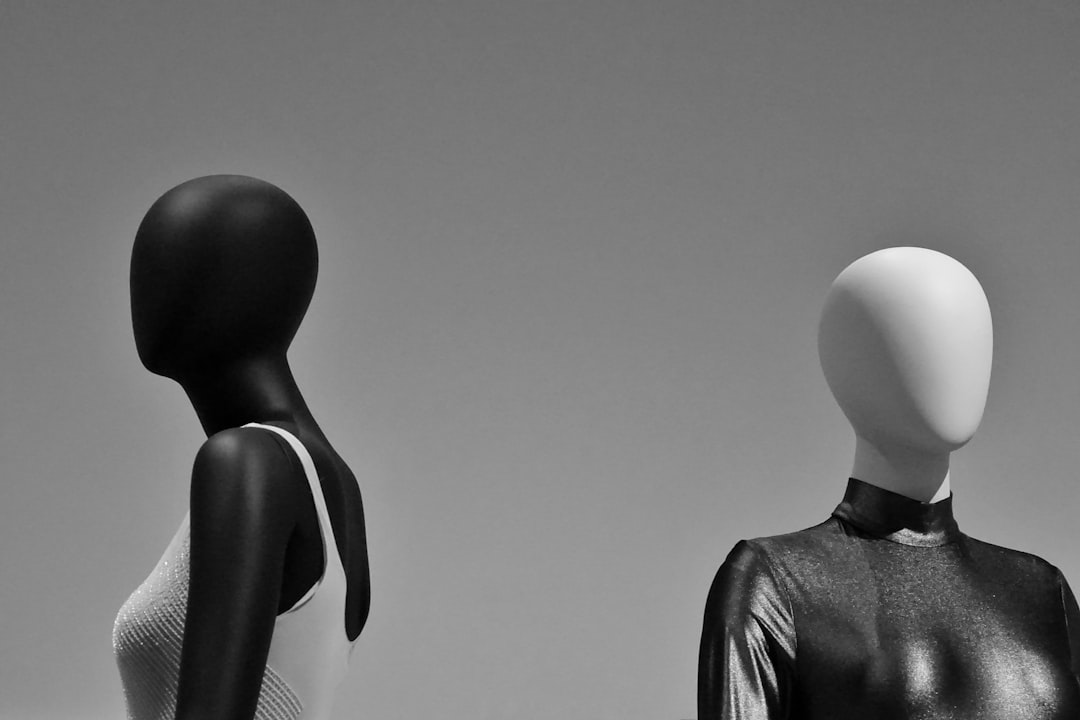The Evolution of Fashion: How Personal Style Became a Statement of Identity
In the vast tapestry of human culture, few threads are as vibrant and dynamic as fashion. It is a language that transcends borders, cultures, and eras, evolving constantly to reflect societal shifts and personal narratives. In today’s world, fashion is more than mere clothing; it is an expression of identity, values, and creativity.
Historically, fashion has served various purposes—functional, social, and symbolic. From the elaborate garments of ancient civilizations to the minimalist styles of modern-day designers, clothing has been a reflection of not just individual taste but also societal norms. The way we dress often conveys our status, beliefs, and even our aspirations. However, the democratization of fashion in recent decades has transformed it into a medium of personal expression for everyone, regardless of socioeconomic status.
As we navigate through this intricate landscape, it’s essential to recognize how our clothing choices shape and reflect our identities. For many, fashion serves as a canvas on which to paint their unique stories. Each outfit is an opportunity to communicate who we are without uttering a single word. This notion is particularly prevalent among younger generations, who often curate their wardrobes to reflect their personalities, interests, and the social movements they support.
The rise of social media has amplified this trend, allowing individuals to showcase their personal style on platforms like Instagram, TikTok, and Pinterest. These platforms not only enable users to share their outfits but also to discover emerging trends and styles from around the globe. As a result, we have witnessed a fusion of influences, where traditional styles from different cultures blend seamlessly with contemporary fashion, creating a rich tapestry of choices for the modern consumer.
Moreover, the fashion industry has become increasingly aware of its social responsibilities. With the growing consciousness around sustainability, many brands are adopting eco-friendly practices, focusing on ethical sourcing and production methods. Consumers are now more inclined to support brands that align with their values, making ethical fashion not just a trend but a necessary shift in the industry. This evolution is encouraging designers to think critically about their impact on the environment and society, leading to innovative solutions that prioritize sustainability without sacrificing style.
The concept of fast fashion, characterized by cheap, quickly produced clothing, has come under scrutiny in recent years. The environmental consequences of this model, including pollution and waste, have prompted a reevaluation of how we approach our wardrobes. As we strive for sustainability, investing in timeless pieces that transcend trends is becoming increasingly popular. Capsule wardrobes—collections of essential clothing items that can be mixed and matched—are emerging as a solution for those looking to simplify their fashion choices while maintaining style.
However, the shift towards sustainable fashion doesn’t mean sacrificing personal style. On the contrary, it invites creativity and innovation. DIY fashion is gaining momentum as individuals embrace their inner designers, transforming old garments into something fresh and new. This not only allows for unique style statements but also promotes a sense of ownership and pride in one’s wardrobe.
The conversation around fashion is also intertwined with mental health. The way we dress can significantly impact our mood and self-perception. A study from the Journal of Experimental Social Psychology suggests that wearing certain colors can affect our emotional state and confidence levels. Fashion, therefore, becomes a tool for empowerment, enabling individuals to craft their narratives and boost their self-esteem.
In conclusion, the evolution of fashion is a reflection of our ever-changing society. As we embrace personal style, sustainability, and innovation, we create a vibrant dialogue that not only defines who we are but also shapes the world around us. Fashion is not just about what we wear; it is a powerful medium through which we can express our identities, advocate for change, and inspire one another. So, the next time you open your closet, remember that each piece tells a story—your story. Wear it proudly.






